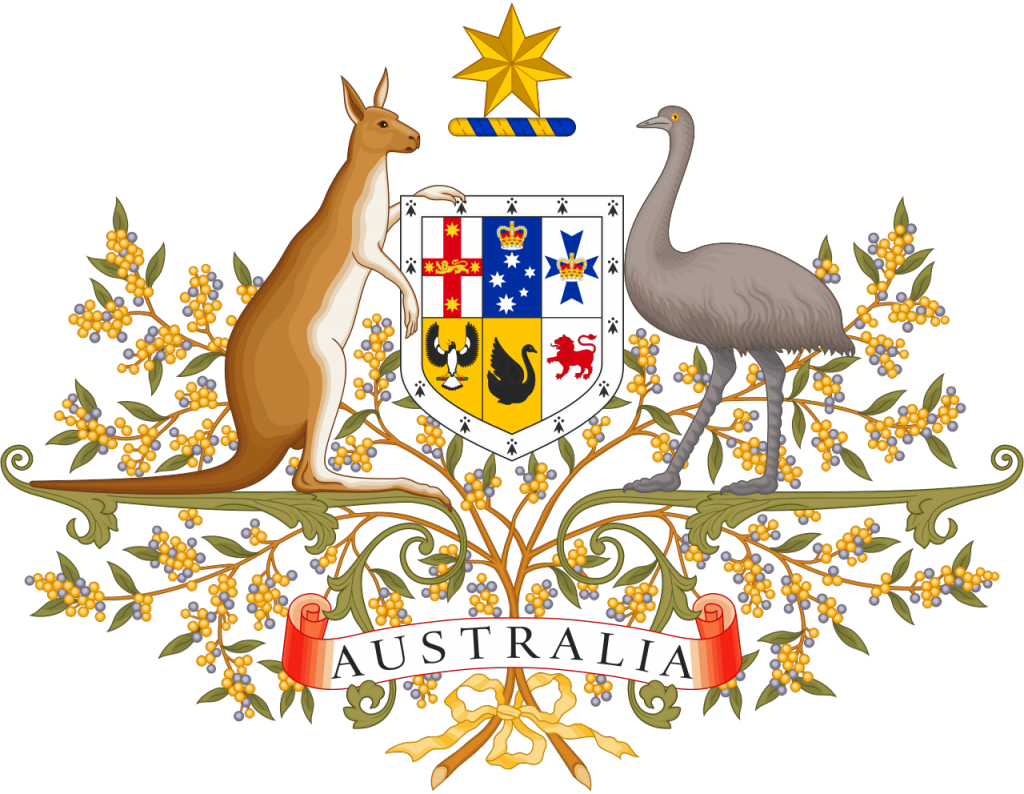Four Early Career Philosophers in Australia Awarded over AU$1.3 Million
Four philosophers are among this year’s winners of the Discovery Early Career Researcher Awards (DECRA) issued by the Australian Research Council (ARC). They are:
- Peter Evans (University of Queensland) — A philosophical exploration of simulating and controlling the quantum world. AU$352,792.00
This project aims to investigate whether certain types of laboratory systems that simulate quantum mechanics can illuminate the way the quantum world is put together, and how such a move could be justified. Understanding the nature of quantum mechanical systems is notoriously difficult, but specially designed laboratory systems provide clues to controlling the quantum world. The anticipated outcome is insight into the structure of quantum mechanics and the controllability of quantum systems. This potentially provides significant benefit to the design and commercialisation of laboratory engineered devices that use quantum effects. - Brian Hedden (University of Sydney) — Groups as individuals: Group rationality and agency. AU$314,809.00
This project aims to understand group rationality and to explore its implications for the design of public institutions. Some institutions act in a unified way despite members having diverse views. In such cases, the institution may seem to be an agent with its own beliefs, intentions and goals – but how does group rationality and agency affect the design and treatment of institutions? This project aims to develop a philosophical theory of group rationality that allows institutions to qualify as rational agents without the group’s interests overriding those of individuals. Expected outputs include proposals for the design and legal treatment of groups to advance individual interests. - Bridget Pratt (University of Melbourne) — Ethics and Equity: Implications for health systems research priority-setting. AU$363,000.00
The project aims to develop ethical guidance on engaging research users and beneficiaries in health systems research priority-setting. As a matter of justice, research on health systems should generate knowledge that improves access and affordability of care for disadvantaged groups, but research questions often fail to reflect the major health system issues these groups face and findings are often not used in policy and practice. The project will develop ethical guidance on how research users and beneficiaries should be engaged in health systems research priority-setting and benchmarks for achieving such engagement. Ethical guidance is expected to facilitate a rise in research that improves health systems for disadvantaged groups. - Jennifer Windt (Monash University) — Wandering minds in sleep and wakefulness: Attention, consciousness, self. AU$363,645.00
This project aims to develop a theory of mind wandering. A large portion of our conscious lives is spent mind wandering: attention periodically drifts away from current tasks, often without our noticing. This challenges the assumption that healthy adults are normally aware of and able to control their thought processes. This project will use cognitive neuroscience, sleep and dream research and philosophy of mind to develop a theory of mind wandering across the sleep-wake cycle and an interdisciplinary methodology for its investigation. The anticipated outcome is understanding of spontaneous thought and its relationship to attention, consciousness and the self. This potentially throws new light on important issues relating to mental health and sleep disorders.
A full list of the DECRA winners can be found here.
(via Monima Chadha)
Subscribe
Login
0 Comments


